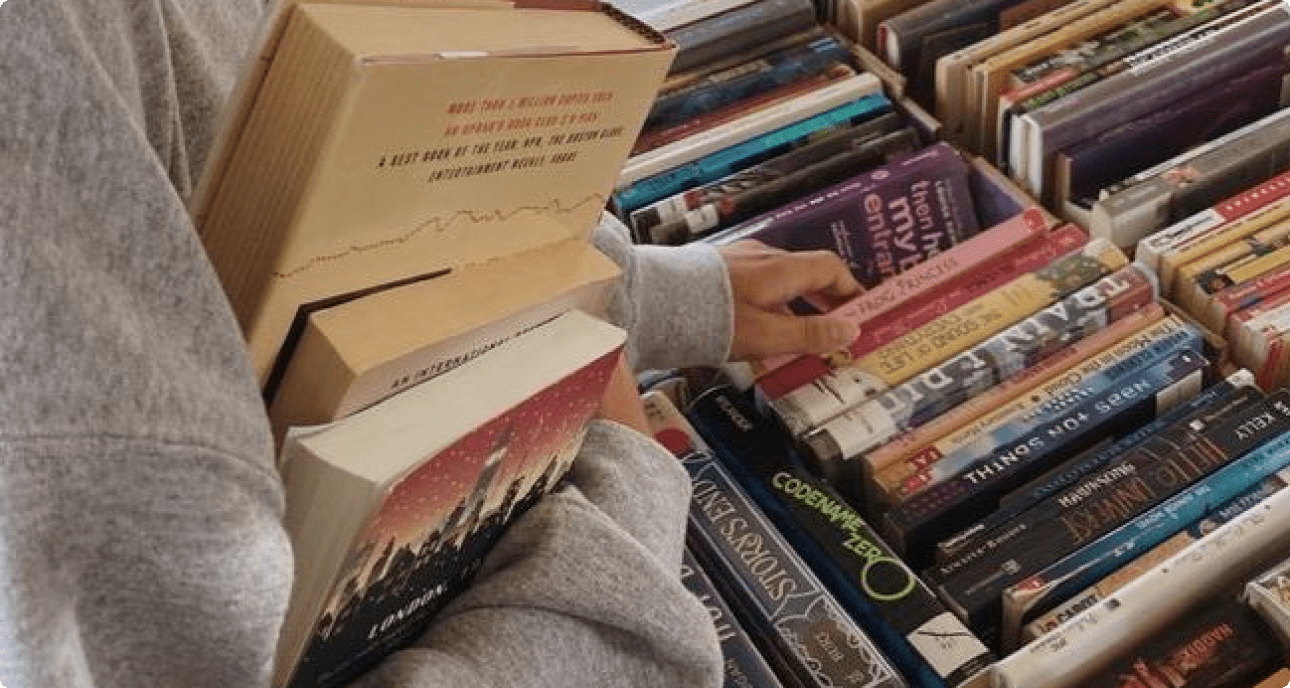The gatekeepers are losing their grip.
For decades, the path to a bestseller was narrow: secure a Big Five deal, pray for a front-table placement at Barnes & Noble, hope a major review publication noticed you. For African and diasporic writers, that path was even narrower—often invisible.
Then came the shift.
The Algorithm Doesn't Care About Your Zip Code
A teenager in Lagos posts a 47-second video about a fantasy novel set in precolonial Benin. She's crying. The book made her feel seen. By morning, 300,000 people have watched it. By week's end, the book—published by a small press with a marketing budget smaller than a celebrity memoir's launch party—has sold out its print run.
This isn't hypothetical. This is 2025.
BookTok, Bookstagram, and BookTube have cracked open what traditional publishing kept locked: authentic discovery. Readers trust readers. A genuine reaction in a cozy reading nook beats a polished ad campaign every time.
What's Working
Community over campaigns. The indie presses thriving right now aren't shouting into the void—they're listening, responding, collaborating. They're in the comments. They're resharing fan art. They're letting books find their people organically.
Niche is the new mainstream. A novel steeped in Yoruba mythology doesn't need to be "accessible to everyone" anymore. It needs to be everything to someone. Social media lets those someones find each other—and suddenly, you have a movement.
Authors as storytellers, not just story-writers. The writers connecting most powerfully online aren't just promoting books—they're sharing process, culture, inspiration. They're inviting readers into the world behind the words.
What's Not Working
Treating social media like a billboard. "Buy my book" doesn't cut it. Never did, never will.
Chasing every trend. Not every audio meme fits your literary novel about grief and memory. Forced relevance reads as desperation.
Ignoring the long game. Virality is wonderful .Community is sustainable. Build the latter, celebrate the former when it comes.
Where African Literature Fits
Right at the center.
The hunger for diverse stories isn't a trend—it's a correction. Readers are tired of the same narratives, the same settings, the same voices. They want the specificity of a Lagos market at dawn. The cadence of Swahili proverbs. The magic systems rooted in real cosmologies, not repackaged European fantasy.
Independent presses publishing African and diasporic writers aren't just participating in this shift. We're driving it. We're proving that stories once deemed "too niche" or "not universal enough" are exactly what readers are craving.
The New Rules
Trust your readers' intelligence. They don't need everything explained or sanitized.
Let books breathe. A slow build through word-of-mouth often outlasts a flashy launch that fizzles.
Invest in relationships, not just reach. Ten passionate readers who become evangelists matter more than 10,000 passive followers.
Tell the truth. About your books, your mission, your challenges. Authenticity isn't a strategy—it's the foundation.
The Bottom Line
Traditional marketing isn't dead, but its monopoly is. The playing field isn't level yet—resources still matter, access still matters—but it's more open than it's ever been.
For independent presses, especially those championing voices the industry has historically marginalized, this moment is both opportunity and responsibility.
We're not just selling books. We're reshaping what gets read, who gets heard, and what stories are considered worthy of shelf space—digital or physical.
The landscape is shifting.
And we're not just keeping up. We're leading the way.
What's been your experience discovering books through social media vs. traditional channels? Drop a comment—we're listening.



.png)





Nice